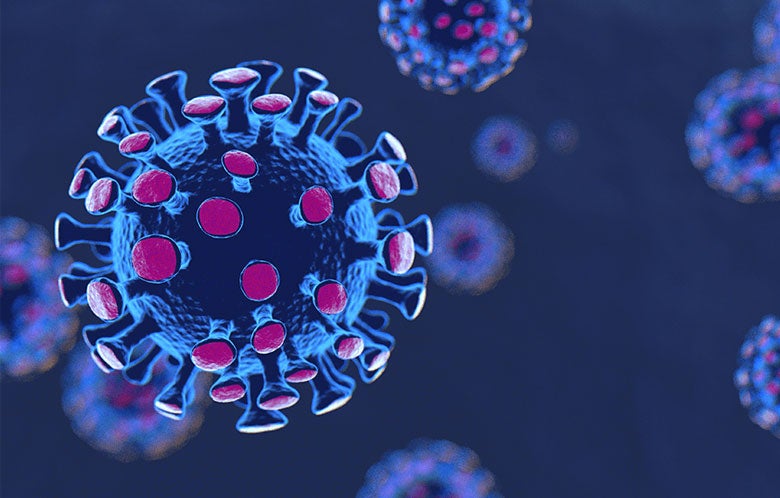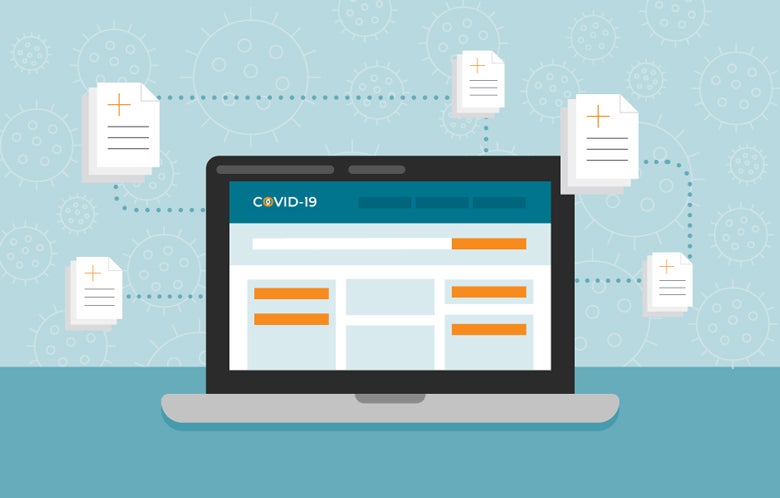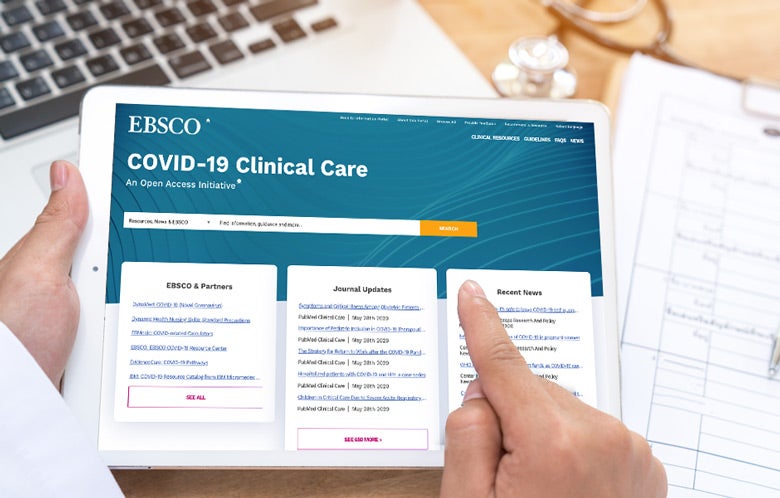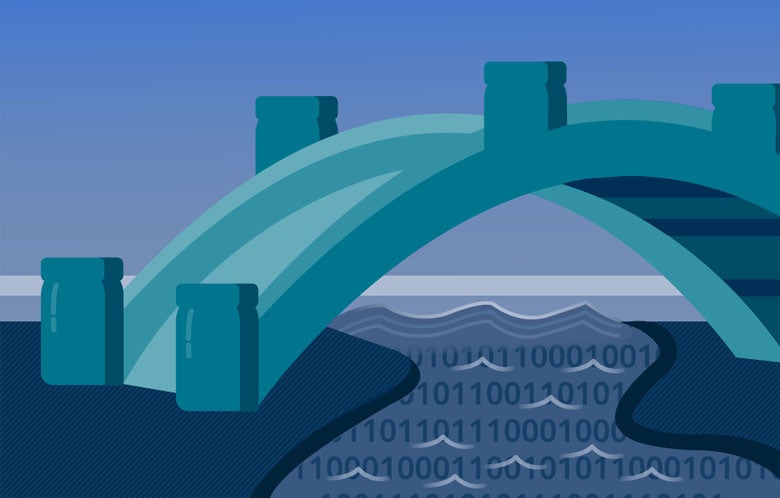The COVID-19 pandemic presents many challenges to the healthcare and scientific research community. At the start of the pandemic, there was no existing medical evidence specific to COVID-19. Today, evidence reports are coming in fast and furious without a tangible way to identify and classify the information. To prevent and treat COVID-19, researchers and healthcare professionals need to know more about the SARS-CoV-2 virus, the pathophysiology of disease and the immune response to it.
The pace of discovery is faster than ever before, but scientists and researchers are overwhelmed with the massive volume of information on COVID-19 and the intense pressure to sort through it faster than we’ve ever done in the past.
To address these challenges, Brian S. Alper, MD, MSPH, FAAFP, FAMIA, EBSCO Chief Medical Knowledge Officer and DynaMed Founder, formed the COVID-19 Knowledge Accelerator (COKA), which convenes informatics experts, engineers, policymakers, medical professionals and researchers to collaborate on the best way to address electronic knowledge processing for COVID-19 scientific knowledge.
COKA’s goal is to provide a standard format for electronic data exchange for communicating evidence on COVID-19. The group is comprised of individuals from all parts of the globe representing technology companies, academic institutions, medical facilities, government agencies, non-profit organizations and other consortia groups. The group’s first projects are establishing a citation repository to uniquely identify and deduplicate COVID-19 related articles in multiple disparate repositories, and to publish living systematic reviews of the clinical outcomes extracted from randomized trials of COVID-19 treatments in forms that allow others to re-use any of the component parts for ongoing knowledge development and dissemination.
If you’re interested in joining this group, visit COKA’s working site for more information on how to sign up and details on the project.



